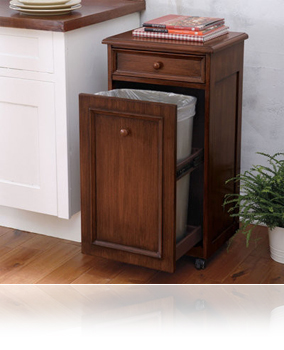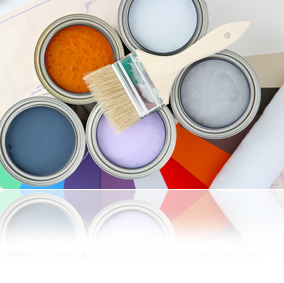
You’re probably familiar with the term “home staging”. It involves cleaning, de-cluttering, reorganizing, and decorating specifically in order to make your home more attractive to potential buyers. Furniture stores do something similar when they “stage” a bedroom suite in a showroom.
Most sellers focus their staging efforts on the inside of their homes. But the outside is important too. After all, a property’s exterior is the first thing potential buyers see. So you want to make sure that the first impression is a good one.
Here are some ideas on how to make sure that happens.
When preparing your home for sale, imagine you’re a potential buyer and take a walk around the outside of your property. Do you like what you see? Are there issues that concern you? Try to be as objective as possible.
You may notice, for example, that the deck is faded and worn, some of the border stones around the flower bed are chipped or missing, or the fence gate squeaks. If you notice these things, so will potential buyers. So, consider getting these minor problems repaired.
As you inspect your yard, pay particular attention to sheds and other areas around your property where rakes, shovels, garbage bins, bikes, toys and other items tend to accumulate. Just as you would unclutter the inside of your home before a showing, you should also make sure the exterior areas of your property are as uncluttered as possible.
Then explore simple ways you can make the exterior of your property look even more attractive. For example, giving your hedges, shrubs and other evergreen plants a trimming, can dramatically improve the look of your yard. Planting flowers or placing flowerpots at key locations, such as near the front entrance can also have a big impact.









